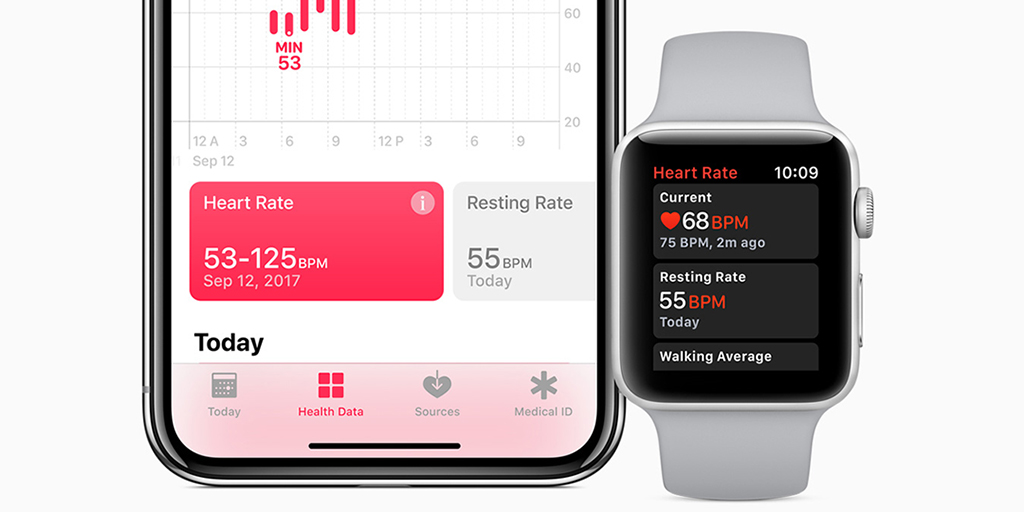Apple Watch 3 May Detect Dangerous Irregular Heartbeat

Find Your Perfect Match
Answer a few questions and we'll provide you with a list of primary care providers that best fit your needs.
Abnormal heart rhythms can cause blood clots and stroke, yet an unknown number of Americans may not even know they are at risk.
That is about to change, thanks to new technology on the Apple Watch 3 being tested in the Apple Heart Study.
To learn more, Premier Health Now talked with Mark Krebs, MD, FACC, electrophysiologist, Miami Valley Cardiologists.
“There are many folks with an irregular heartbeat and it doesn’t get caught,” says Dr. Krebs.
Atrial fibrillation, or A Fib, is the most common abnormal heart rhythm. At least 2.7 million Americans live with the condition, says the American Heart Association. That number could jump to more than 6 million as the population ages and as more people are diagnosed, says the Centers for Disease Control and Prevention.
Catching A Fib is tough, as many people do not have symptoms. That is the group Apple is targeting, says Dr. Krebs.
“They are on to something if they can generate a population that will merit further checks,” he explains.
The Apple Watch 3 uses an improved heart rate monitor to take readings during workouts and at rest. The technology uses pulse and blood flow readings to track heart rate.
When A Fib occurs, the upper heart chambers beat out of sync. Blood does not correctly flow to the lower chambers. This can weaken heart muscle or cause a clot. Symptoms include:
- Fluttering or pounding feeling in the chest
- Fast heart beat
- Lightheadedness
- Extreme fatigue
- Shortness of breath
- Chest pain
Treatments include medicines to regulate heart rate and prevent blood clots, lifestyle changes and, sometimes, corrective procedures.
The good news, says Dr. Krebs, is that other devices also are being developed, such as the Kardia Mobile smartphone app that reads and records the heart’s electrical signals through the fingertips.
“The goal is to create something that records all the time and can generate a recording doctors can study,” says Dr. Krebs. “That will help identify a big part of the population.”
Find Your Perfect Match
Answer a few questions and we'll provide you with a list of primary care providers that best fit your needs.
Mark Krebs, MD, FACC, electrophysiologist, Miami Valley Cardiologists; Fortune.com, American Heart Association, Centers for Disease Control and Prevention




